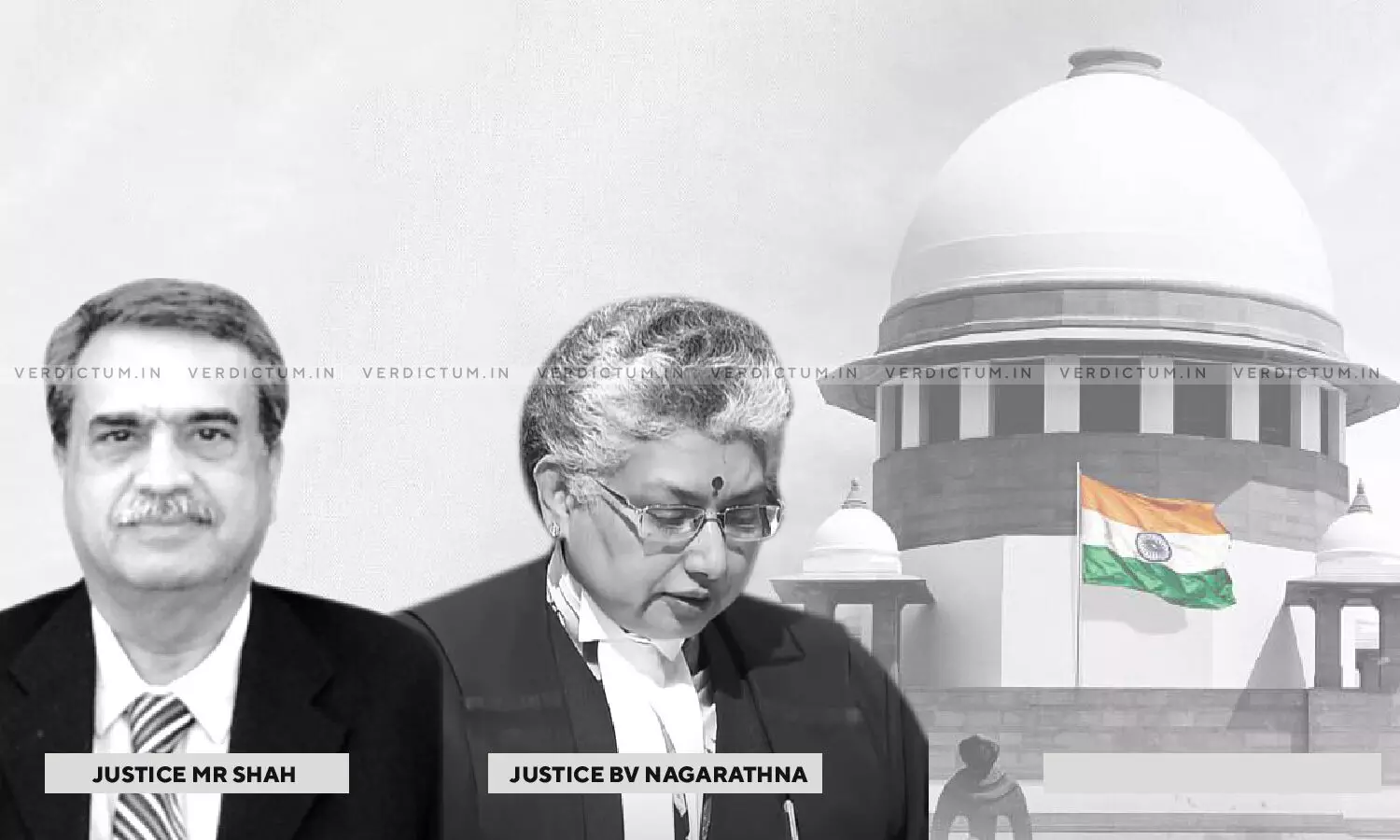
Courts Must Adjudicate On All Issues And Avoid Shortcut Approach - SC In Land Acquisition Case
 |
|A two-judge Bench of Justice M.R. Shah and Justice B.V. Nagarathna in a land acquisition case has held that Courts must adjudicate on all issues and avoid a shortcut approach by pronouncing a judgment only one issue.
In this context, the Bench observed -
"...the courts should adjudicate on all the issues and give its findings on all the issues and not to pronounce the judgment only on one of the issues. As such it is the duty cast upon the courts to adjudicate on all the issues and pronounce the judgment on all the issues rather than adopting a shortcut approach and pronouncing the judgment on only one issue."
In this case, an appeal was preferred against the order of Delhi High Court which had held that the acquisitions of the lands in question have lapsed under Section 24(2) of the Right to Fair Compensation and Transparency in Land Acquisition, Rehabilitation and Resettlement Act, 2013.
Shri V. Giri, Senior Advocate appeared for appellants and the respondents were represented by Shri C.U. Singh, Senior Advocate.
The Apex Court noted that various grounds/number of issues were raised before the High Court on the legality and validity of the acquisition proceedings, however, the Single Judge adjudicated upon only one issue namely, whether the acquisition proceedings have lapsed by virtue of the 2013 Act.
The Bench further opined that Single Judge did not give its findings on the other issues or grounds and on the reliefs sought and disposed of the Writ Petitions by simply adjudicating upon one issue.
As such it is the duty cast upon the courts to adjudicate on all the issues and pronounce the judgment on all the issues rather than adopting a shortcut approach and pronouncing the judgment on only one issue. By such a practice, it would increase the burden on the appellate court.
The Court additionally held that because of not deciding upon other issues and deciding the matter only on one issue and thereafter when the decision on such one issue, is held to be bad in law, the Court has no alternative but to remand the matters to the Single Judge for fresh adjudication on all the other issues.
The Bench also opined that when the Courts do not adjudicate upon all the issues, it increases the burden on the Appellate Court, and in many cases if the decision on the issue decided is found to be erroneous and on other issues, there is no adjudication and no findings recorded by the court, the appellate court will have no option but to remand the matter for its fresh decision.
Accordingly, the Court allowed the appeals and set aside and quashed the impugned order of the Division Bench of the High Court. The Court further directed that the matters to be remitted back to the Single Judge for fresh adjudication.